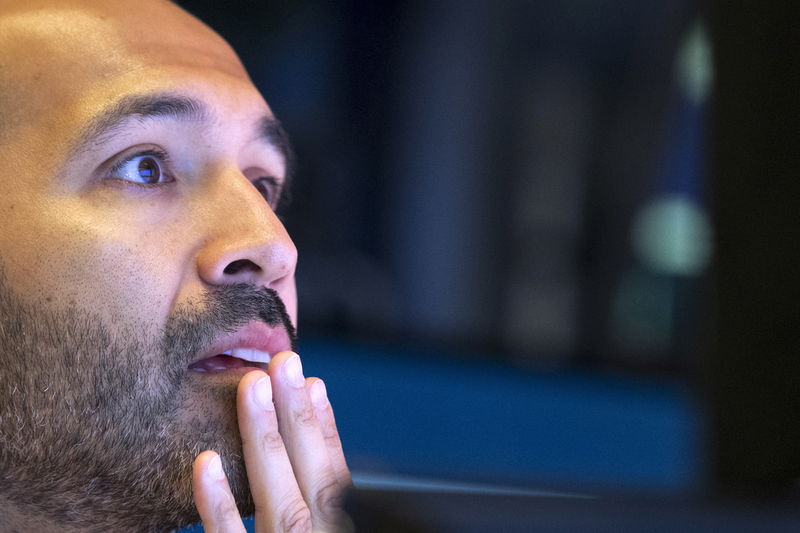Australia’s third largest airline, Rex Airlines, has entered voluntary administration after becoming insolvent.
The airline was making a bid to compete with major airlines Qantas and Jetstar but was unable to capture a large enough market share outside of regional routes, which the airline is still operating.
The Transport Workers Union (TWU) says the company’s administrators have informed them up to 610 employees will lose their jobs.
Regional routes still flying
Rex released a statement on its website alerting customers to the change in its solvency status and reassuring them that regional planes would still fly as scheduled.
“Virgin Australia has made an offer for Rex customers with an existing ticket on a flight cancelled due to the administration process the opportunity to transfer their ticket free of charge to the 13 overlapping Virgin Australia services,” the statement reads.
Last week, Federal Transport Minister Catherine King indicated the Federal Government was in conversation with Rex.
“We’re keeping a pretty close eye on the announcement tomorrow and stand ready,” Minister King told the ABC.
“You know, we think Rex is a pretty important part of the Australian aviation industry and stand ready to work with them to see whether there’s any assistance or anything the government needs to do.”
“We don’t want to see Rex fold.”
Prime Minister Albanese similarly indicated support for the airline while also clarifying that any additional government support would carry conditions.
TWU blames market monopolies
The TWU is pointing the finger at Qantas Airways (ASX:QAN) and the hyper-concentrated Australian airline market as the reason for Rex’s financial failure.
“Aviation is locked in a cycle of crises. While the Rex administration is handled as quickly as possible, we also need a long-term fix to the unregulated market dominance that sees Qantas popping the champagne corks while competitors are squeezed out and workers are left on the scrap heap,” TWU national secretary Michael Kaine said.
“Given the size of Australia, the question at the heart of this crisis is: what support do we need to make sure there’s a viable aviation industry that can serve the community reliably and affordably?
“A Safe and Secure Skies Commission to bring balance and binding standards is the answer to that question.”
